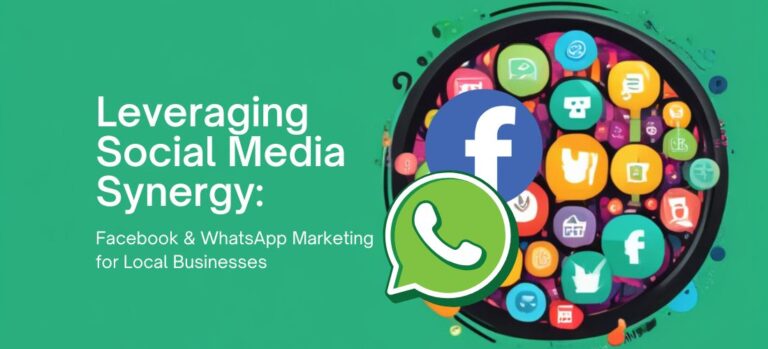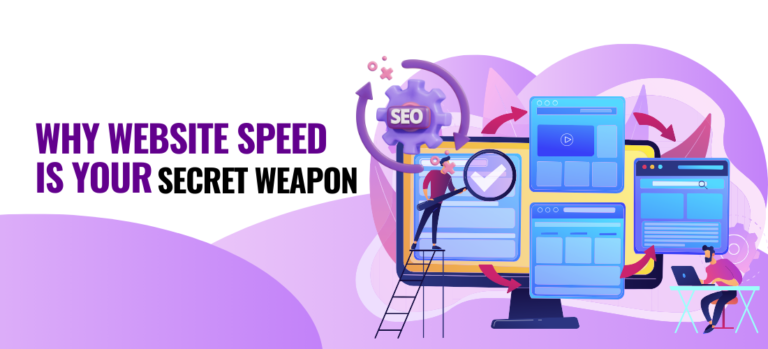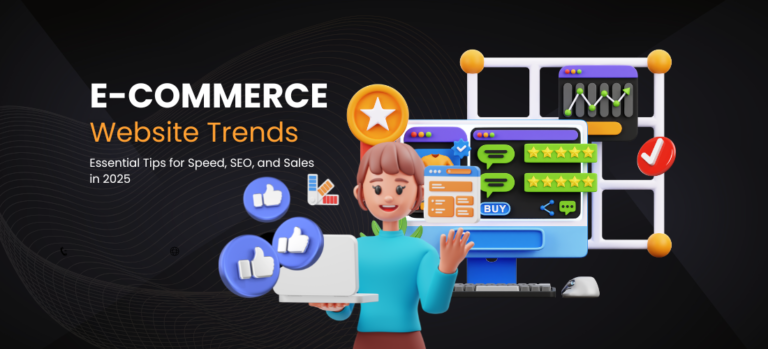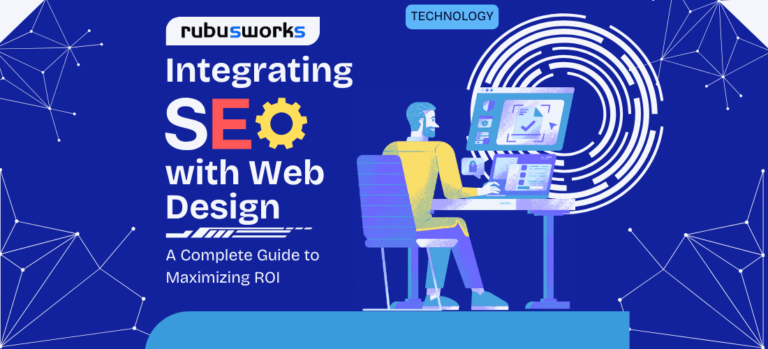Key Takeaways
✅ Speed Matters – Why Website Speed Is Your Secret Weapon. Slow sites lose visitors, conversions, and SEO rankings.
✅ First Impressions Count – A fast site builds trust; a slow one drives users away.
✅ Conversions Drop with Delay – Just 1-second delay can cut conversions by 7%.
✅ Google Loves Speed – Faster sites rank higher and get more traffic.
✅ Mobile Users Demand Speed – Over 50% of traffic is mobile; slow sites lose users.
✅ Fix It Fast – Compress images, use better hosting, enable caching, and a CDN.
✅ Take Action! – Need help? Contact Rubus at contact@rubusworks.com.
Ever clicked on a website that took a lots of time to load? Yeah, me too. And let’s be honest—how long did you wait? Probably not more than a few seconds before hitting that back button, right? That’s exactly why website speed is a game-changer when it comes to user experience (UX) and conversions.
In today’s fast-paced digital world, people expect things now—not in five seconds, not even in three. If your website is slow, you’re losing visitors, potential customers, and even SEO rankings. But don’t worry, I’ve got you covered. Let’s break it down!
1. First Impressions Matter
Your website is often the first interaction someone has with your brand. If it loads in under two seconds, you’re golden. If it takes longer, people start getting impatient, and trust me, they won’t stick around.
✅ A fast website looks professional and trustworthy
✅ A slow website makes people doubt your credibility
2. Faster Websites = Higher Conversions
Studies show that just a one-second delay in load time can drop conversions by 7%. Imagine losing 7 out of every 100 potential customers just because of slow speed—ouch!
✅ Quick load times keep users engaged
✅ More engagement = more sales, sign-ups, and leadstable
3. Google Loves Speed (SEO Boost )
Google prioritizes fast websites in search rankings. So if your website is slow, you’re basically handing traffic over to your competitors.
✅ Faster sites rank higher on Google
✅ Better SEO = More organic traffic = More potential customers
4. Mobile Users Expect Speed
More than half of all web traffic comes from mobile users. And guess what? They’re even less patient than desktop users! If your site isn’t optimized for mobile speed, you’re in trouble.
✅ Fast mobile pages = Better user experience
✅ Better experience = More clicks, more conversions
5. Lower Bounce Rates = More Engagement
If people leave your site before it even loads, that’s called a bounce—and high bounce rates hurt your business. Fast websites keep users engaged, leading to lower bounce rates and higher retention.
✅ A snappy site keeps users browsing
✅ More browsing = Higher chances of conversion
How to Speed Up Your Website?
Now that you know why speed is everything, here are some quick fixes:
- Compress images (big images slow down load times)
- Use a reliable hosting provider
- Minimize unnecessary plugins and scripts
- Enable browser caching
- Use a Content Delivery Network (CDN)
| Optimization Tip | Explanation |
|---|---|
| Compress Images | Large images slow down load times. Use tools like TinyPNG, ImageOptim, or WebP format to reduce image size without losing quality. |
| Use a Reliable Hosting Provider | Cheap or shared hosting can lead to slow load times. Opt for a fast, reputable hosting provider like SiteGround, Kinsta, or Cloudways. |
| Minimize Unnecessary Plugins & Scripts | Too many plugins and scripts increase page load time. Remove unused ones and use lightweight alternatives where possible. |
| Enable Browser Caching | Caching stores website data in visitors’ browsers, reducing the need to reload resources every time they visit. Use plugins like WP Rocket or enable it via .htaccess. |
| Use a Content Delivery Network (CDN) | A CDN distributes your site’s files across multiple servers worldwide, ensuring faster loading times by serving content from the closest location to the user. Services like Cloudflare or Amazon CloudFront help with this. |
Website speed isn’t just a tech thing—it’s a business thing. A slow website frustrates users, kills conversions, and hurts your search rankings. But a fast website? It builds trust, increase engagement, and drives sales.
Top 5 FAQs
1. Why is website speed important?
Website speed affects user experience, SEO rankings, and conversion rates. A slow website can lead to higher bounce rates and lower engagement, while a fast website improves search engine rankings and user satisfaction.
2. How can I check my website speed?
You can use free tools like Google PageSpeed Insights, GTmetrix, or Pingdom to analyze your website’s load time, performance scores, and suggestions for improvement.
3. What is the ideal page load time?
The ideal page load time is under 3 seconds. According to studies, websites that take longer than 3 seconds to load experience higher bounce rates and lower engagement.
4. How does a CDN (Content Delivery Network) improve speed?
A CDN stores copies of your website’s files on multiple servers worldwide. When a user visits your site, the content is delivered from the nearest server, reducing load times and improving performance.
5. What are the best tools to optimize images for speed?
You can use tools like TinyPNG, ImageOptim, and ShortPixel to compress images without losing quality. Using next-gen formats like WebP also helps reduce file sizes.
If you haven’t checked your website speed lately, now’s the time! A fast-loading website enhances user experience, improves SEO rankings, and increases conversions. Every second counts—don’t let slow speed drive visitors away.
Need help optimizing your website? Contact Rubus today at contact@rubusworks.com and let’s make your site lightning-fast!





